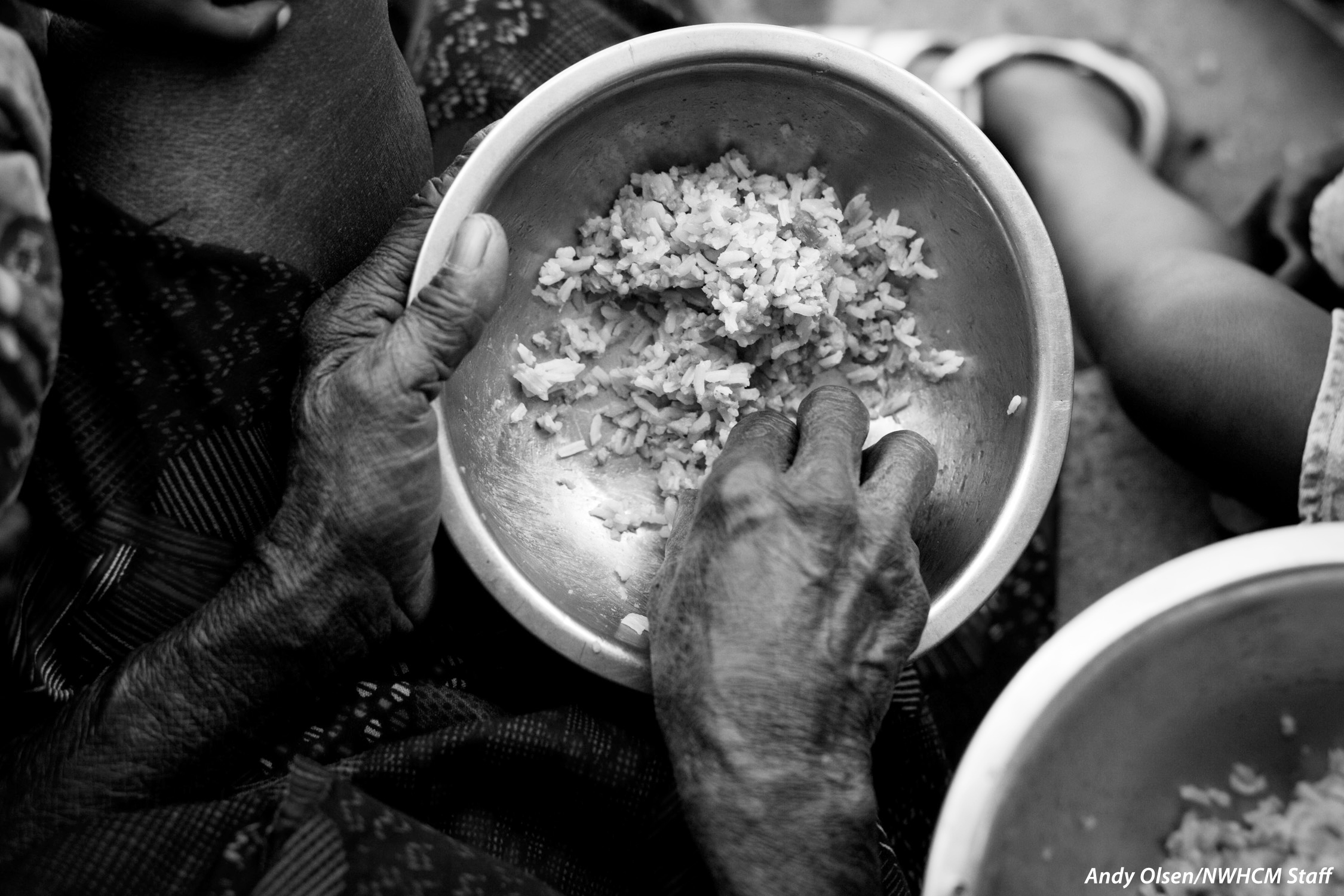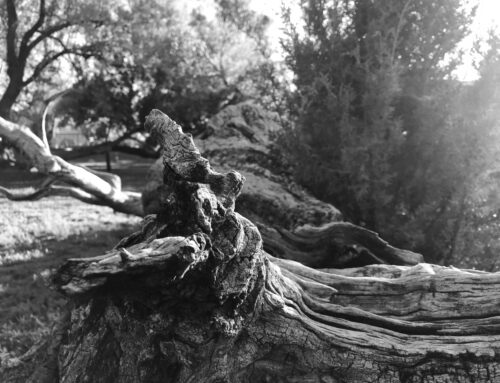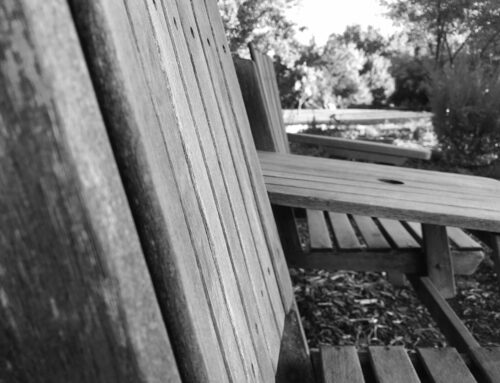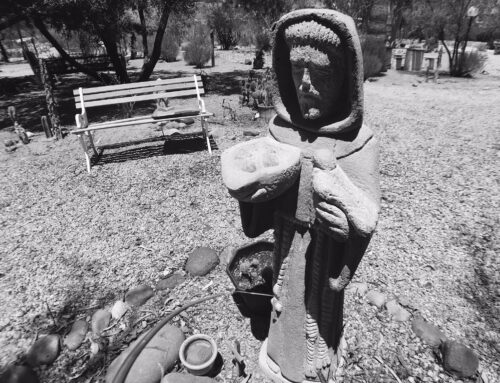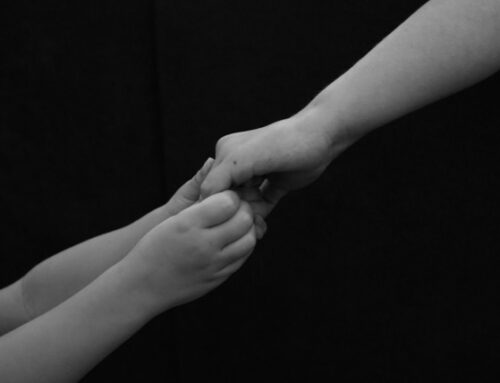“If you look for the helpers, then you’ll know that there’s hope.” Fred Rogers
It’s overwhelming, really, where we have found ourselves. True, we do see the great needs in the world a little bit: the hurricanes and other natural disasters are often in the headlines, but let’s be honest: scandal sells and attention is often drawn away from the great needs of the world (which can actually broaden our worldview), and are often given to the most negatively sensationalistic stories that the headlines can muster. Some studies actually show that the psychological effects of the negative sensationalism in the news actually can result in the watchers to begin to catastrophize worries in our own lives. So, instead of our hearts ‘going out’ to those in need, instead, there is a danger of our hearts getting trapped in the worry of our own lives. It is crippling, but it doesn’t have to be that way.
Part of what I do is work for an anti-global hunger organization, Feed My Starving Children, where I help to lead groups of (often) 100+ volunteers at a time in packing specially formulated meals for our distribution partners all over the globe. I love, not only the activity of it (it’s some fun exercise), but I love that it is really about volunteers experiencing the love and compassion that we see in Jesus Christ (because as an organization, that is central to who we are). It is so easy in our U.S. culture to default to sympathy, feeling bad for what people experience, and it often does not go beyond that. But to experience the compassion of God in Christ Jesus means moving beyond sympathy to empathy. Empathy is about feeling, imagining ourselves in the position of someone else, and to follow the way of Jesus is to let that feeling result in compassion: doing something to relieve the suffering of others. Frederick Buechner put it this way:
“Compassion is sometimes the fatal capacity for feeling what it is like to live inside somebody else’s skin. It is the knowledge that there can never really be any peace and joy for me until there is peace and joy finally for you too.”
I am inspired by this clip of Fred Rogers, regarding not only the off-kiltered media that we often see, but also the underlying need to step out and be the “helpers” that others can see.
Every session that I host with volunteers, I remind them that we see devastating things in the news all the time. We see the death toll of natural disasters (as well as man-made disasters). It’s easy to default to inactivity (or even paralysis) because: “What can we do about that from here in Arizona (or wherever your eyes are reading this)?” With something like Hurricane Matthew, it stays on our news channels for a week, but then fades into the static and hum of political headlines and celebrity hijinks and drama, but people still sleep in the streets after they have been displaced by the flood waters, and some are left mourning after losing their loved ones. The temptation is to forget, and let sympathy be sympathy. But what if we chose to move beyond the sympathy to feel the empathy; and even more, what if we chose to be the helpers who have the bravery to show compassion? There are many places to help: in our neighborhoods, in our cities, and yes, even the far away places like Haiti, or those stretched all over the globe. There are those who are hungry, trapped in the slave trade, orphans, widows, the marginalized and the oppressed. We can do something about it. We can be the helpers, both here and abroad.
Do you want to partner with me in being ‘helpers’ and doing something about the great need left in Haiti after Hurricane Matthew? Check out:
3 Ways a Donation to FMSC Helps Hurricane Matthew Survivors
Volunteer at the FMSC Mesa Packing Site

